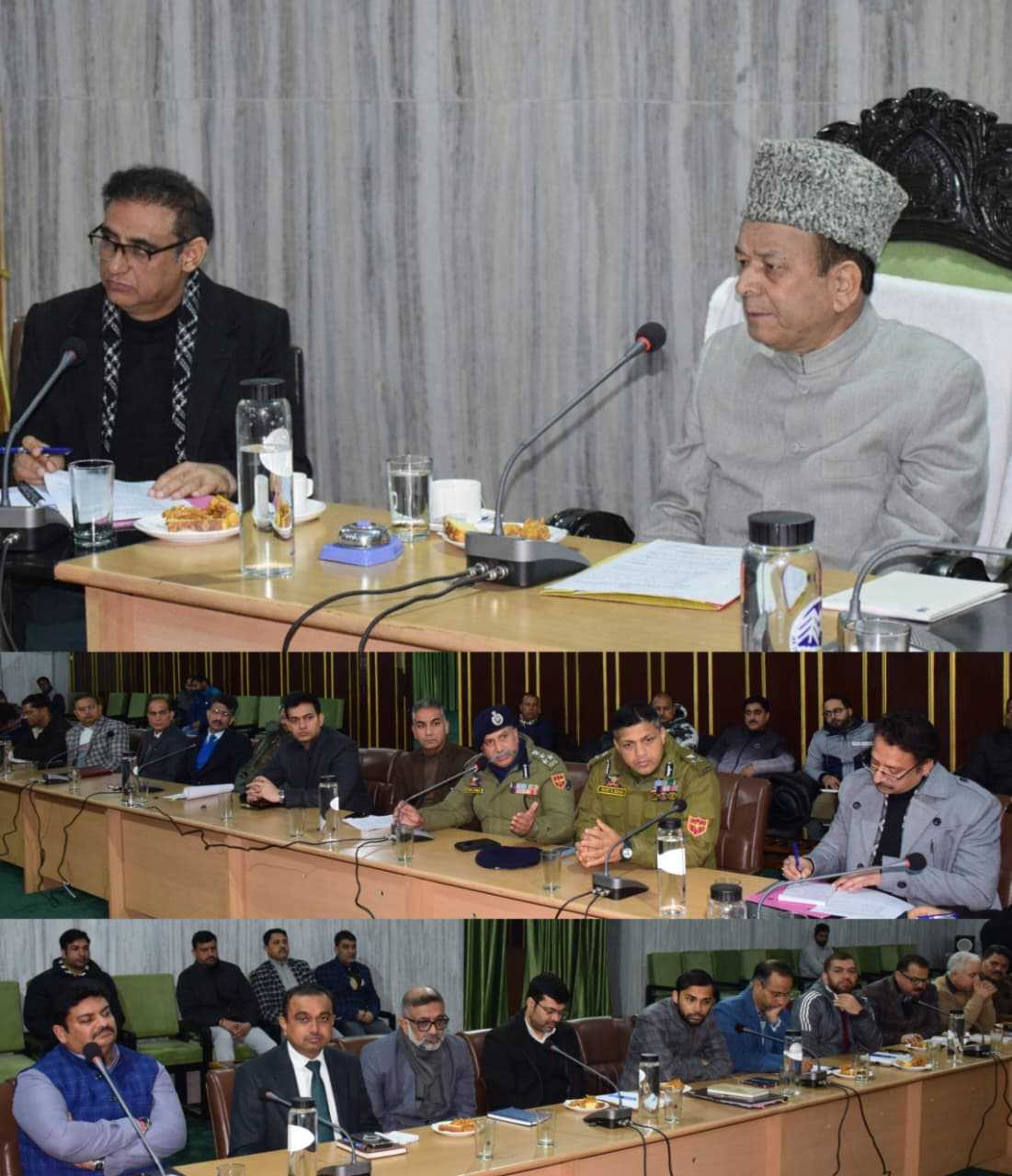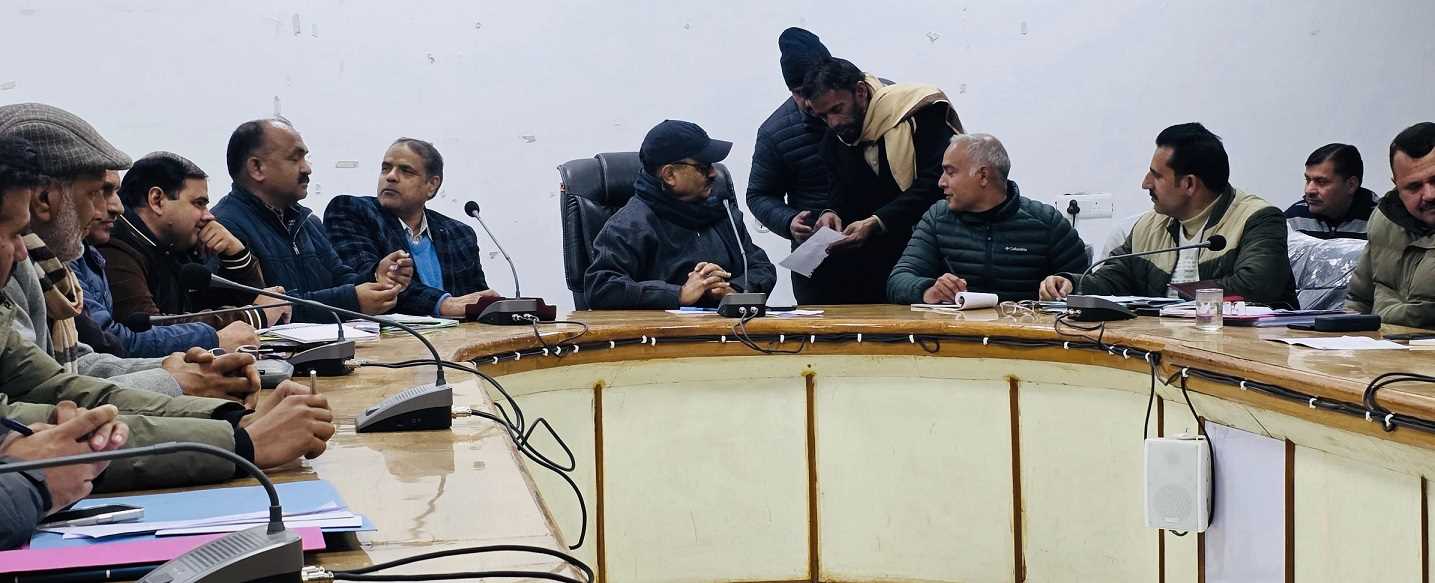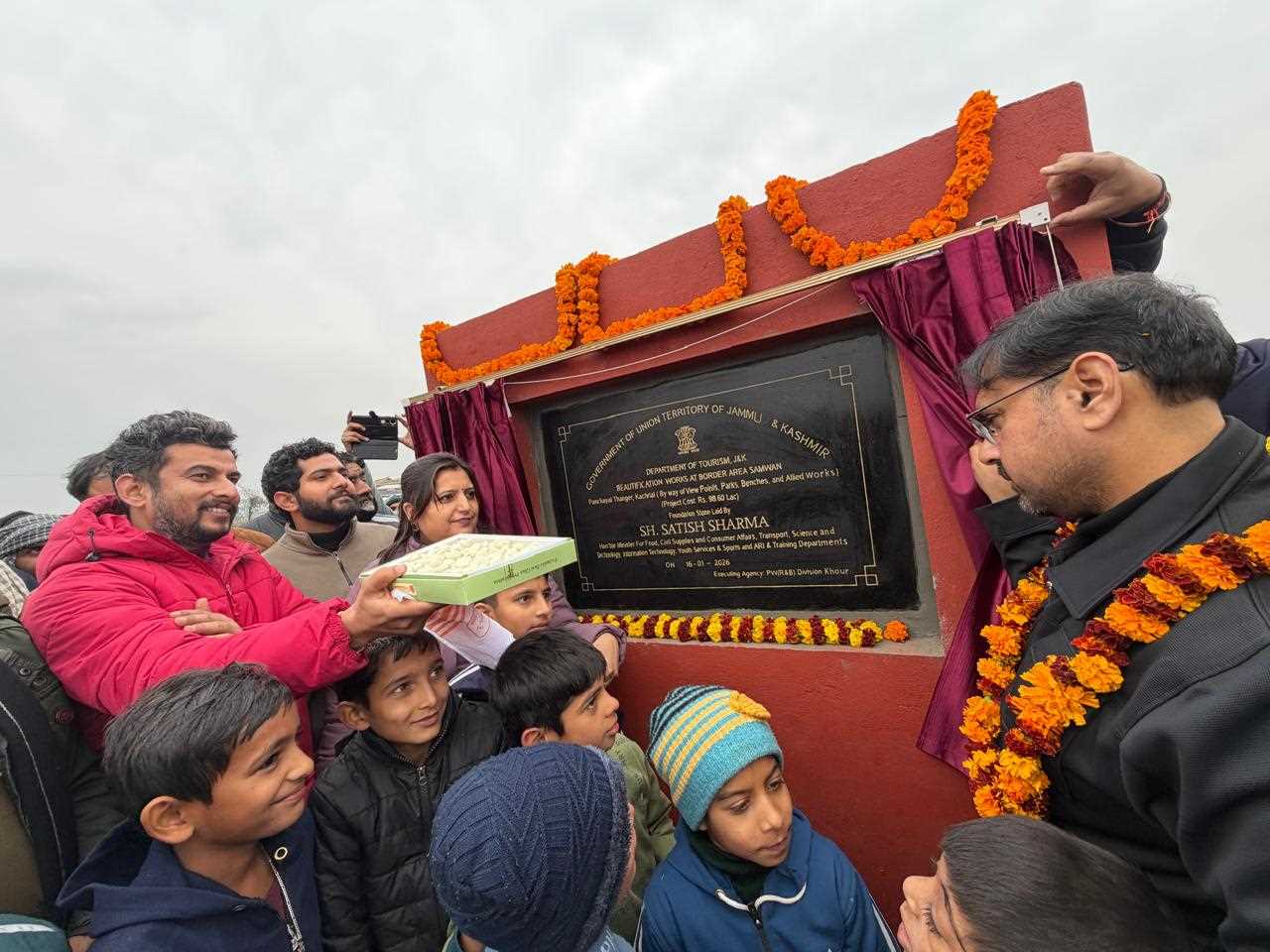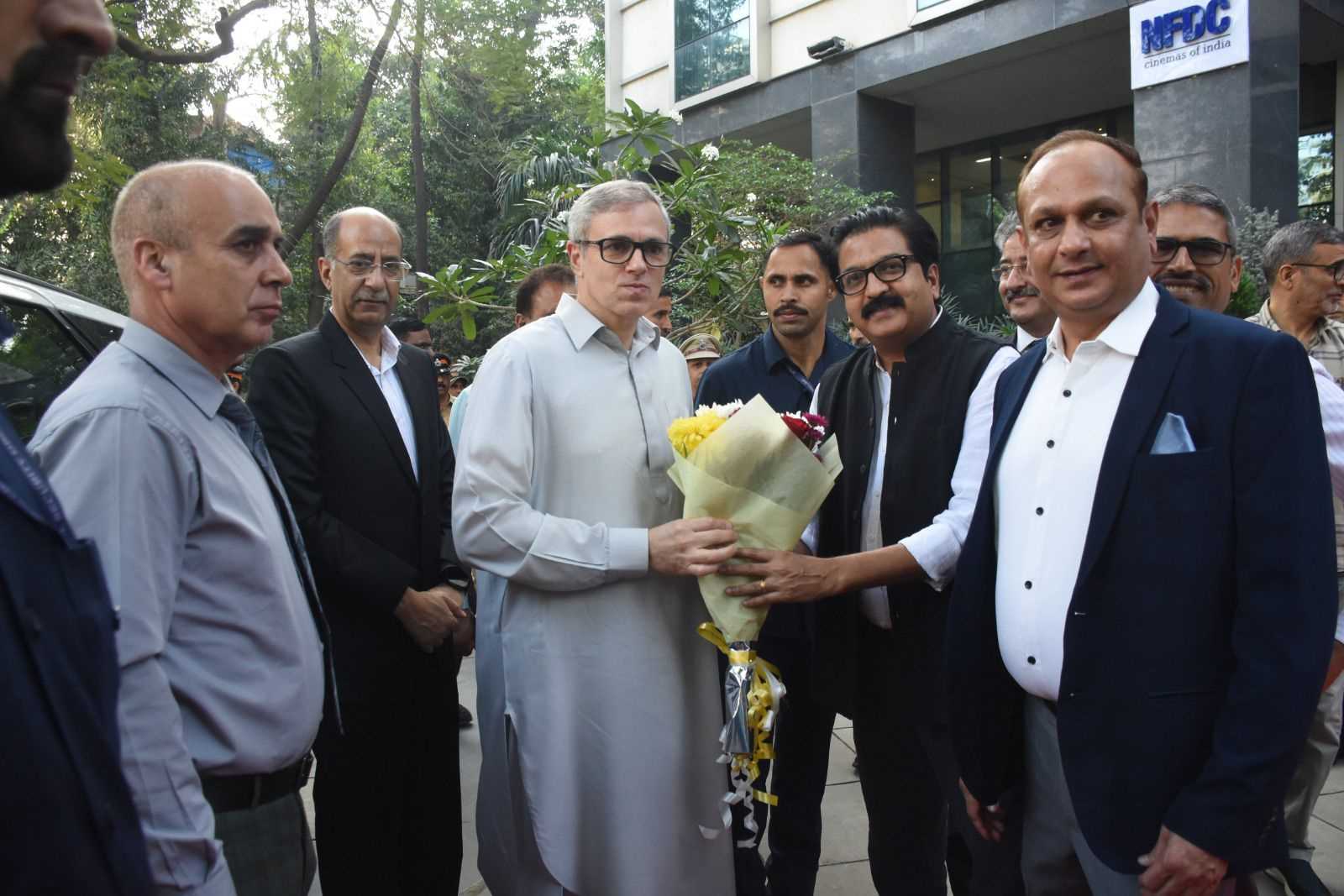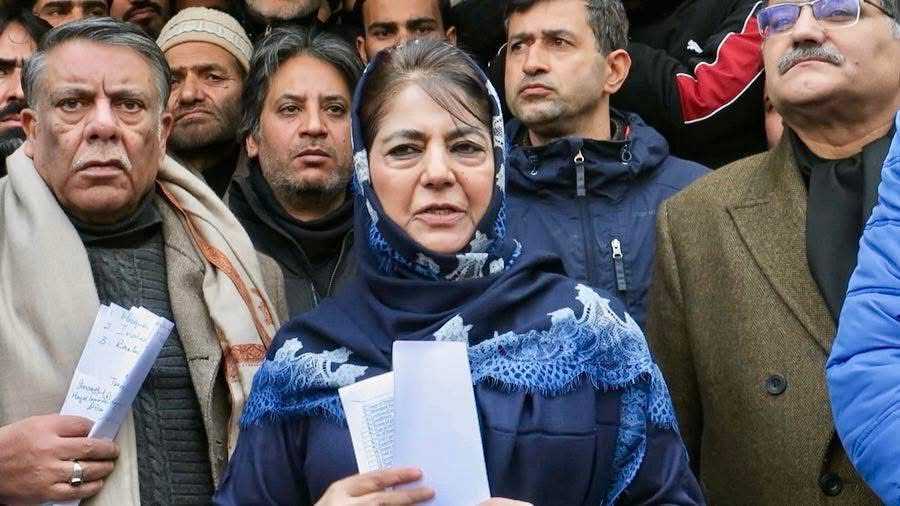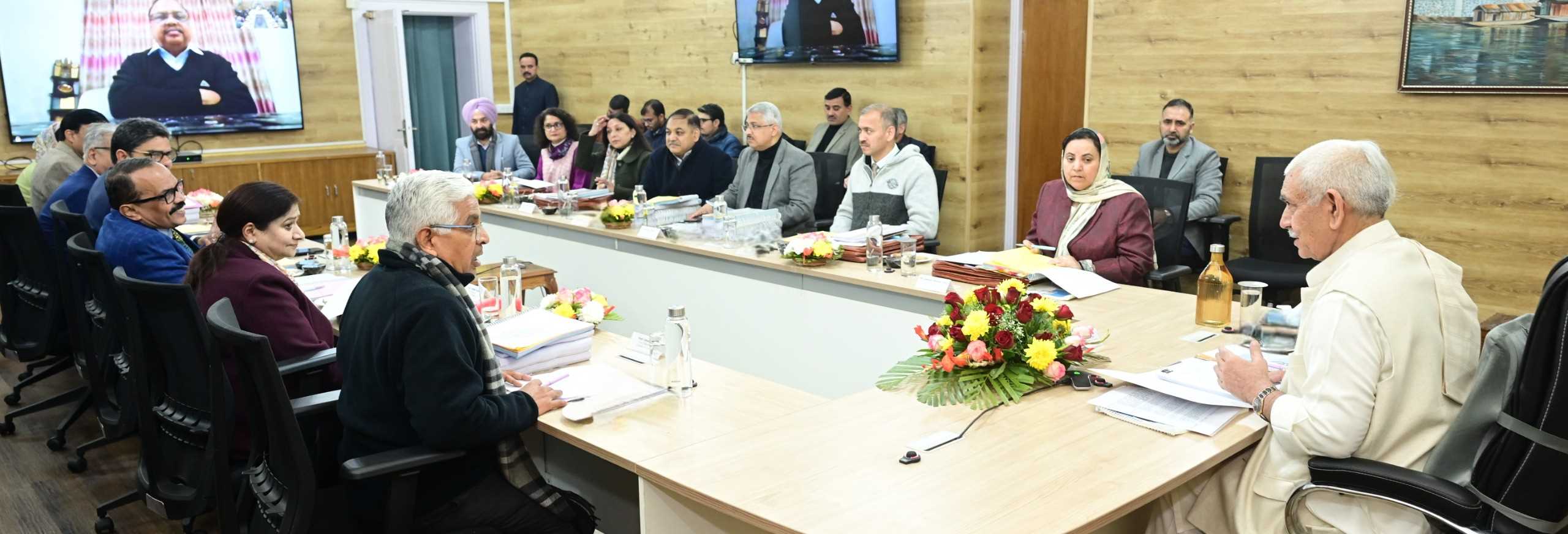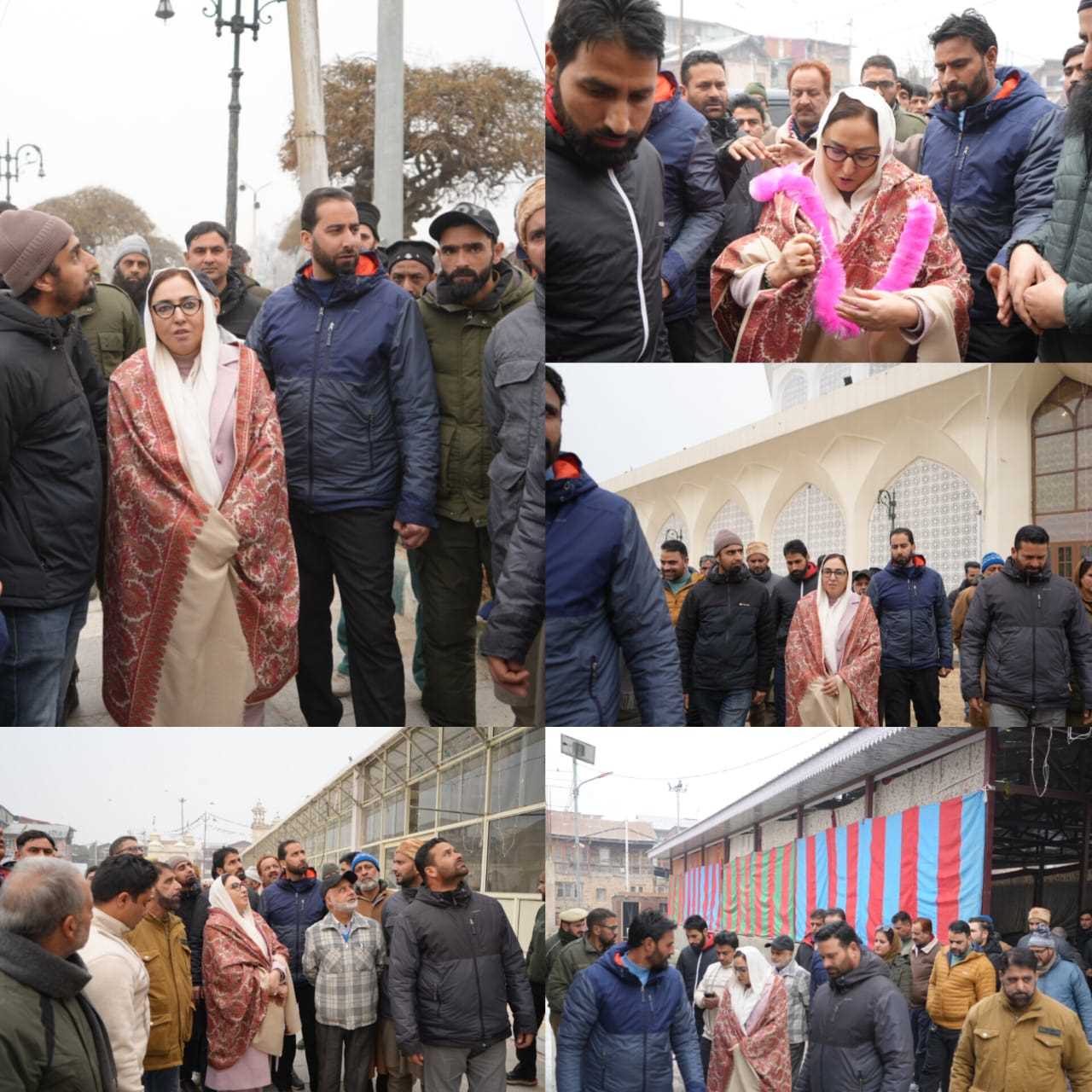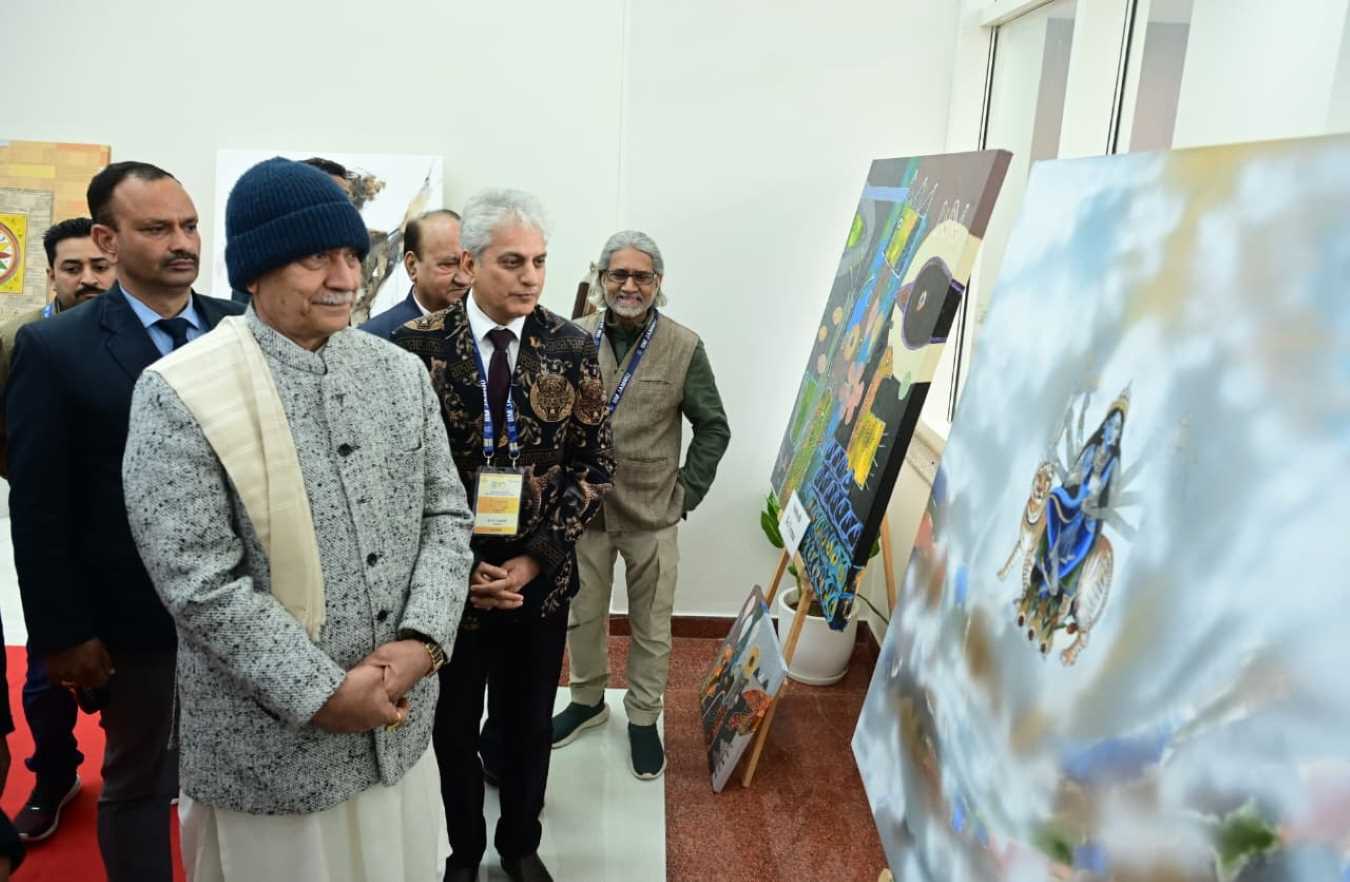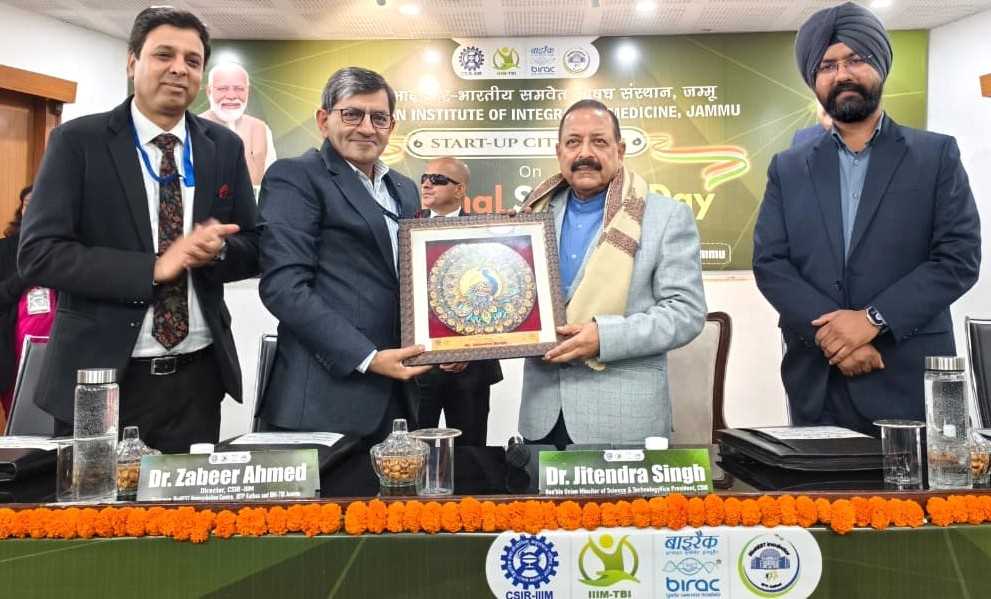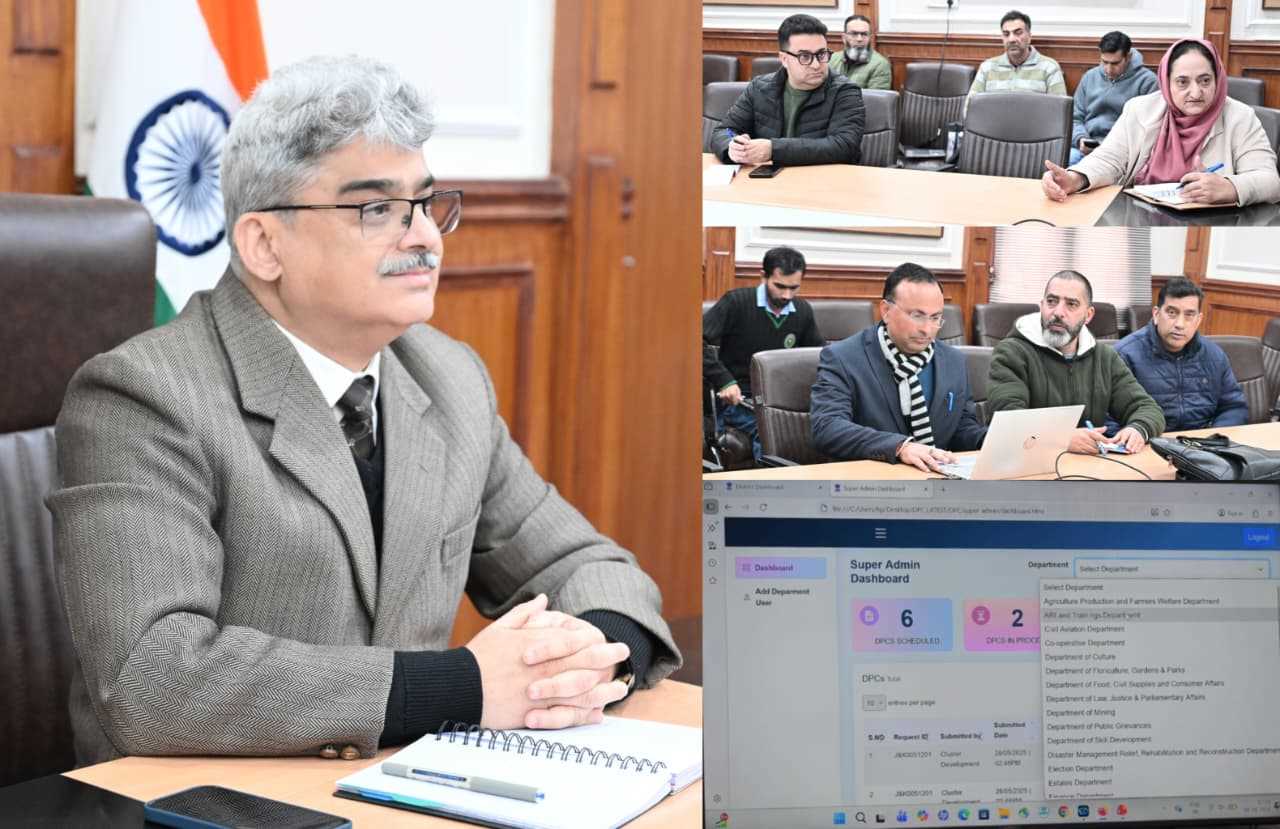In Kashmir, a breathtakingly beautiful yet tumultuously serene region, “World Health Day” emerges not just as a global observance but as a poignant reminder of the critical importance of health and well-being in areas marred by socio-political challenges. As the world commemorates this day, focusing on global health awareness and advocating for universal healthcare, the spotlight inevitably turns towards regions like Kashmir, where the confluence of natural beauty and political strife presents unique challenges in delivering health-related services.
World Health Day, observed on the 7th of April, serves as a crucial juncture for reflecting on these issues, raising awareness and mobilising support from the international community and local stakeholders. It offers an opportunity to highlight the specific healthcare needs of the Kashmiri population and the obstacles healthcare workers encounter due to the history of terrorism sponsored by our neighbours and geographical impediments. This day also provides a platform for celebrating the indomitable spirit of healthcare professionals in Kashmir who, despite facing personal risks, continue to serve their communities with dedication and compassion. It is a day to acknowledge their sacrifices and to remind the world of the urgent need for a concerted effort to address the healthcare crisis in the region.
Kashmir, with its stunning landscapes, is also a region that was not long back fraught with political unrest over decades, leading to significant implications for its healthcare infrastructure. The turmoil had not only affected the physical health of its residents but had also taken a toll on their mental well-being. Despite these adversities, healthcare workers in Kashmir have shown remarkable resilience, striving to provide care under challenging circumstances. However, the healthcare system in Kashmir faces several hurdles, ranging from limited access to essential medical supplies and services in remote areas to a scarcity of mental health support. The lingering effects of terrorism have exacerbated these challenges, making the delivery of healthcare services more complicated and, at times, perilously risky.
The topography of Kashmir, coupled with infrastructural damage caused in the past due to externally sponsored terrorism, severely limited access to healthcare facilities, especially in rural and remote areas. Prolonged exposure to terrorism from across borders and violence has led to a widespread mental health crisis among the Kashmiri population, with an alarming increase in cases of PTSD, depression and anxiety.Many healthcare professionals had migrated in search of safer, more stable conditions, leading to a shortage of skilled personnel in critical areas of healthcare. Last but not least is climate change, which poses additional health risks, exacerbating existing challenges. Kashmir has witnessed extreme weather conditions in recent years, leading to health emergencies and increased vulnerability among its population.
A multi-faceted approach is necessary to address these challenges and improve the healthcare landscape in Kashmir. Investment in healthcare infrastructure, including establishing more hospitals and clinics in remote areas, is crucial. Mobile health units can play a significant role in reaching inaccessible regions. There should be a considerable emphasis on mental health services, including the training of more mental health professionals and the establishment of community-based support systems. Developing and implementing disaster response strategies, particularly in the context of climate change, is essential for reducing the impact of natural disasters on the health of the Kashmiri people. Ultimately, long-term improvements in healthcare in Kashmir are inextricably linked to the region's socio-political stability.
Efforts of the present administration, post abrogation of articles 370 and 35A, are now bearing fruits towards peace and reconciliation, which in turn have turned the tide in creating an environment where healthcare systems can flourish without the constant threat of the past shadows of terrorism. The synchronised efforts of our men in uniform, NGOs and civil administration pave the way for a healthier and more progressive Kashmir. World Health Day, in the context of present-day Kashmir, is not just a call to action for better health services but a reminder of the resilience and perseverance of its people in the face of adversity. Focusing on the specific health challenges faced by the region and implementing targeted recommendations gives Kashmir hope for a healthier future. As the world reflects on the importance of health for all, let Kashmir be a testament to the strength found in unity and the unwavering spirit of humanity in the pursuit of health and well-being.




